|
LISTEN TO THIS THE AFRICANA VOICE ARTICLE NOW
Getting your Trinity Audio player ready...
|
Haiti’s government Wednesday, September 18, 2024, formed a provisional electoral council, a pivotal move toward restoring democracy. This action represented the most significant progress in years toward reviving the electoral process, which had been stalled due to prolonged political turmoil and escalating violence.
Since the assassination of President Jovenel Moise in 2021, Haiti had been without a president, exacerbating an already unstable political landscape. The power vacuum allowed armed gangs to expand their control, seizing approximately 80% of the capital city, Port-au-Prince, and influencing most other regions of the country. These conditions severely hindered previous attempts to hold elections, which under normal circumstances would occur every five years.
The last elections were held in 2016, and the newly established council aimed to organize elections by 2026, marking a decade without a democratic transition of power. The provisional electoral council was tasked with developing the legal framework necessary for conducting elections and overseeing the planning process.
Formed during a meeting of Haiti’s transitional presidential council—a separate body acting as the interim government since its installation in April—the electoral council included representatives occupying seven seats. These representatives came from religious groups, journalists, farmers, and unions, as confirmed by the prime minister’s office. However, two seats remained vacant, intended for delegates from human rights organizations and women’s rights organizations.
The transitional presidential council, whose mandate was set to expire in February 2026, bore the responsibility of ensuring elections were held before this deadline. The urgency was underscored by the dissolution of the previous electoral council in 2021 under then-Prime Minister Ariel Henry. Henry had assumed office following President Moise’s death but was forced out earlier this year after leaving the country to seek international support for a security mission and subsequently being unable to re-enter Haiti.
In May, the interim government appointed Garry Conille as the new prime minister in an effort to stabilize the executive branch. Haiti’s constitution stipulates that executive power is shared between the president and the prime minister, but the absence of a president has complicated governance.
Despite these developments, both the transitional presidential council and the provisional electoral council faced significant challenges in restoring stability. The pervasive influence of armed gangs posed a substantial threat to security and the electoral process. International assistance had been limited; only Kenya and Jamaica had deployed forces to Haiti as part of a United Nations-backed initiative aimed at combating gang violence. This mission was set to expire at the beginning of October unless its mandate was renewed, adding pressure on Haiti to find internal solutions.
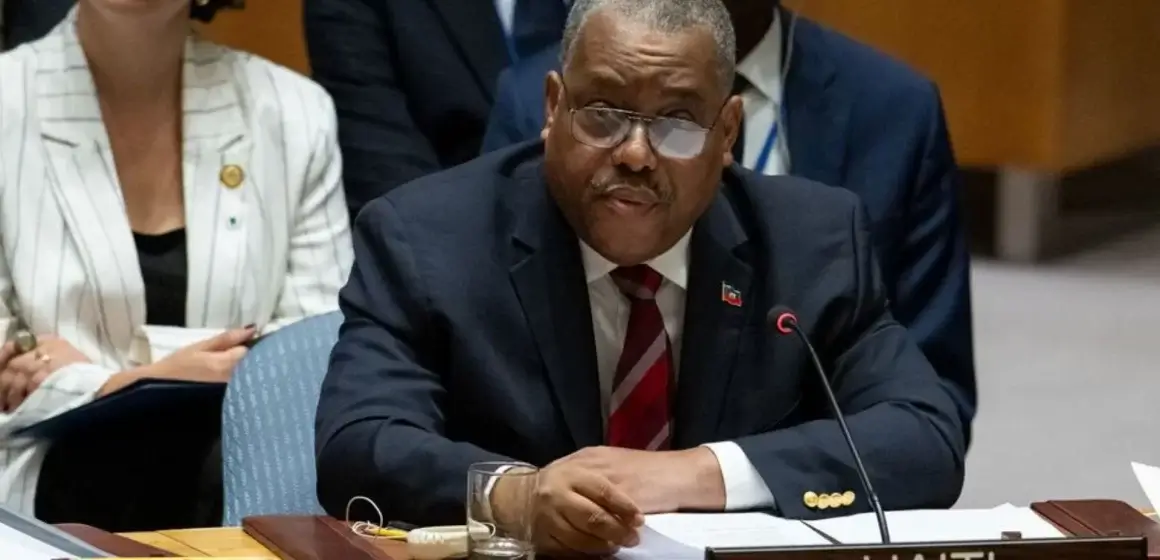



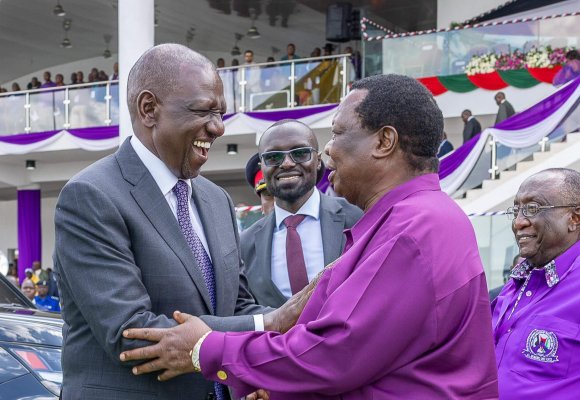
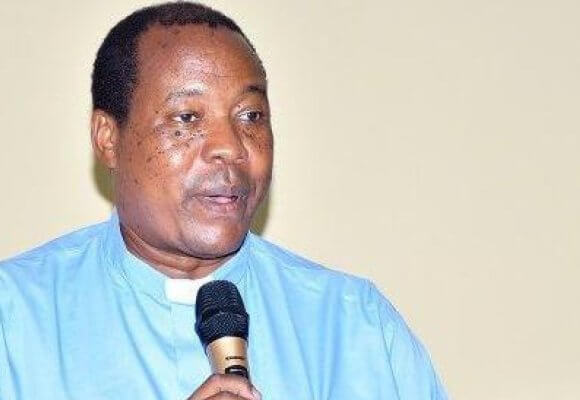
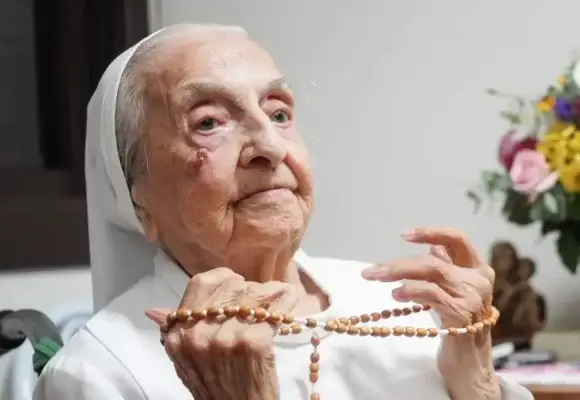



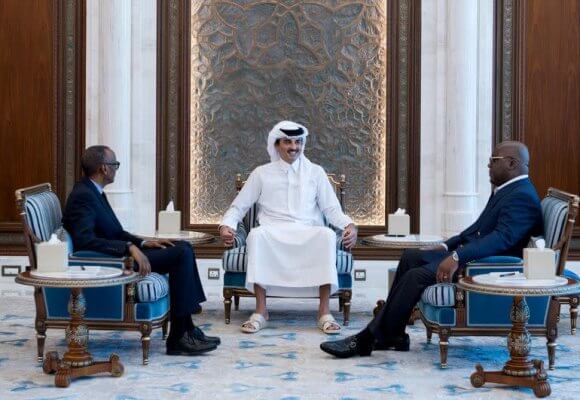
LEAVE A COMMENT
You must be logged in to post a comment.